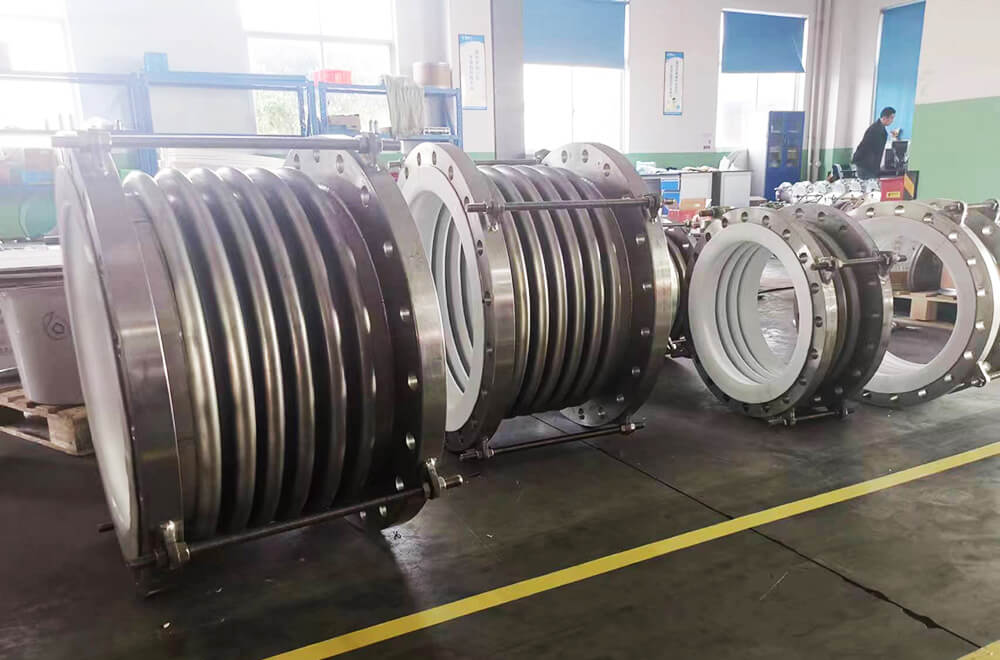| Products List | ||
| Online Service | ||
|
||
|
||
|
||
| Social Network Site | ||
| The Application of Polytetrafluoroethylene (PTFE) Compensators |
|
Polytetrafluoroethylene (PTFE) compensators play a crucial role in various industries due to their unique properties and versatile applications. PTFE, a high-performance polymer, is widely known for its exceptional chemical resistance, low friction coefficient, and non-stick properties. These characteristics make it an ideal material for compensators used in a range of industrial processes. Compensators are designed to absorb and compensate for movements, vibrations, and expansions in piping systems, ensuring the integrity and longevity of the overall infrastructure. PTFE compensators, in particular, offer several advantages that make them stand out in the field. One key feature of PTFE is its resistance to a wide array of chemicals, acids, and corrosive substances. This makes PTFE compensators suitable for applications in industries where exposure to aggressive chemicals is common. The ability of PTFE to withstand harsh chemical environments enhances the durability and reliability of compensators in challenging industrial settings. In addition to chemical resistance, PTFE compensators exhibit excellent thermal stability. They can withstand a broad temperature range without compromising their mechanical properties. This makes them suitable for applications where extreme temperatures are encountered, ensuring consistent performance under varying operating conditions.
Furthermore, the low friction coefficient of PTFE contributes to the efficiency of compensators in mitigating movements and vibrations. The smooth surface of PTFE reduces frictional resistance, allowing for easy expansion and contraction in piping systems. This not only enhances the overall functionality of the compensators but also minimizes wear and tear on the components. The non-stick properties of PTFE are another noteworthy characteristic. This feature prevents the accumulation of debris, contaminants, or scaling on the surface of compensators. The non-stick nature of PTFE ensures that the compensators remain clean and free from obstruction, maintaining optimal performance over an extended period. In conclusion, PTFE compensators offer a reliable and durable solution for addressing the dynamic challenges faced by industrial piping systems. Their chemical resistance, thermal stability, low friction coefficient, and non-stick properties make them indispensable in various applications. As industries continue to evolve, the demand for high-performance materials like PTFE compensators is likely to grow, driving innovation and advancements in the field of industrial engineering. |

